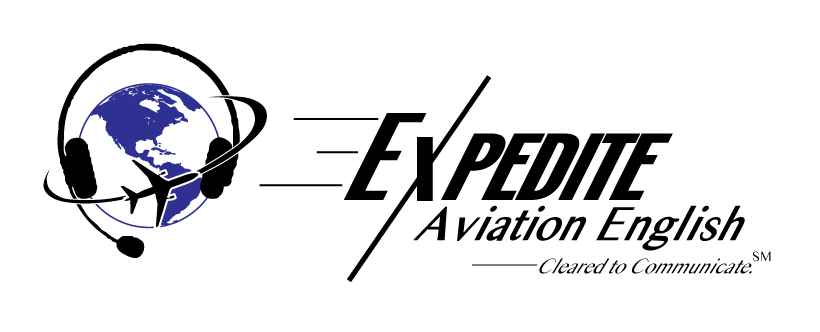The Crucial Role of Radio Communication Mastery in Flight Training
Before embarking on the exciting, new journey of flight training, prospective pilots should prioritize understanding radio communication and air traffic control (ATC) protocols. This knowledge isn’t just advantageous; it’s essential for both safety and financial considerations.
Most importantly, mastering radio communication ensures safe and efficient flight operations. Communication between pilots and ATC is like a lifeline in the skies, guiding aircraft through controlled airspace, providing helpful weather updates, and sequencing landings and takeoffs. Clear and concise radio communication minimizes the risk of misunderstandings or errors that could lead to potentially hazardous situations. Pilots who are proficient at radio procedures contribute to a safer aviation environment for themselves and others.
Moreover, understanding ATC procedures can save pilots both time and money. Efficient communication with ATC enables pilots to navigate through airspace more smoothly, reducing the likelihood of delays or diversions due to airspace congestion. Pilots who are well-versed in ATC protocols can anticipate instructions, plan routes effectively, and adhere to assigned altitudes and speeds, optimizing fuel usage and minimizing operational costs. With flight lessons costing about $500/lesson, it’s much more cost effective to be proficient prior to getting in the aircraft in the first place. This efficiency not only benefits individual pilots but also enhances overall airspace management.
Financially, comprehensive knowledge of radio communication and ATC procedures can prevent costly mistakes. Pilots who are unfamiliar with communication protocols may inadvertently violate airspace regulations such as TFR (temporary flight restrictions) or miss critical instructions, potentially leading to fines, penalties, or additional training costs. Conversely, pilots who demonstrate proficiency in radio communication procedures are more likely to pass certification exams and checkrides on their first attempt, avoiding the expense and time associated with retesting.
Ultimately, prioritizing the understanding of radio communication and ATC procedures before flight training demonstrates a commitment to safety, efficiency, professionalism, and financial responsibility. It equips pilots with the necessary skills to navigate complex airspace systems confidently and responsibly. By investing time and effort in mastering these fundamentals, student pilots lay a solid foundation for a successful and fulfilling career in aviation, while contributing to the overall safety and effectiveness of the airspace system.
https://expeditelevel4.com/courses/cleared-to-communicate-vfr/To learn more about how you can become a proficient communicator prior to starting flight training, view our Cleared to Communicate VFR radio communications course.
